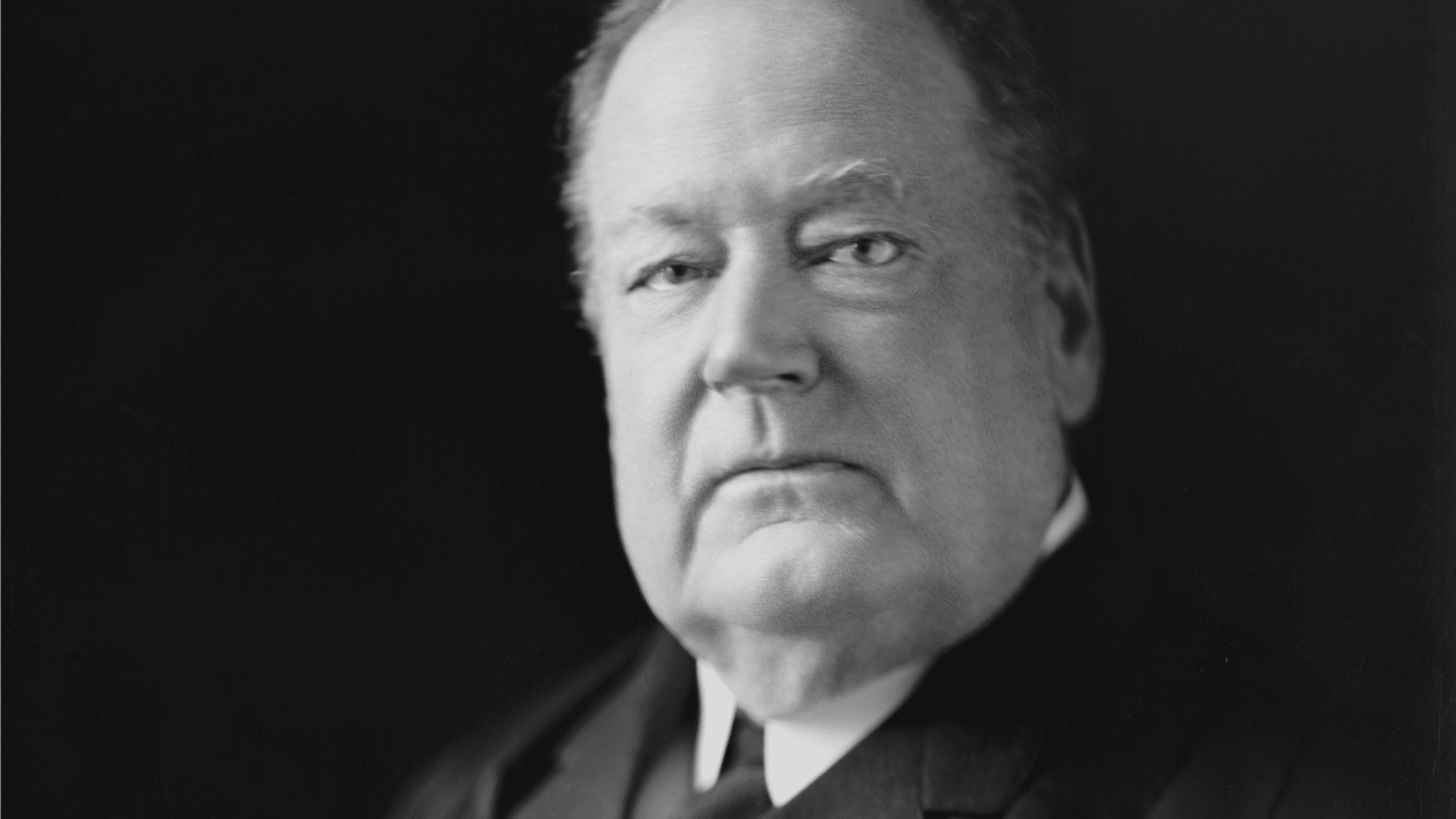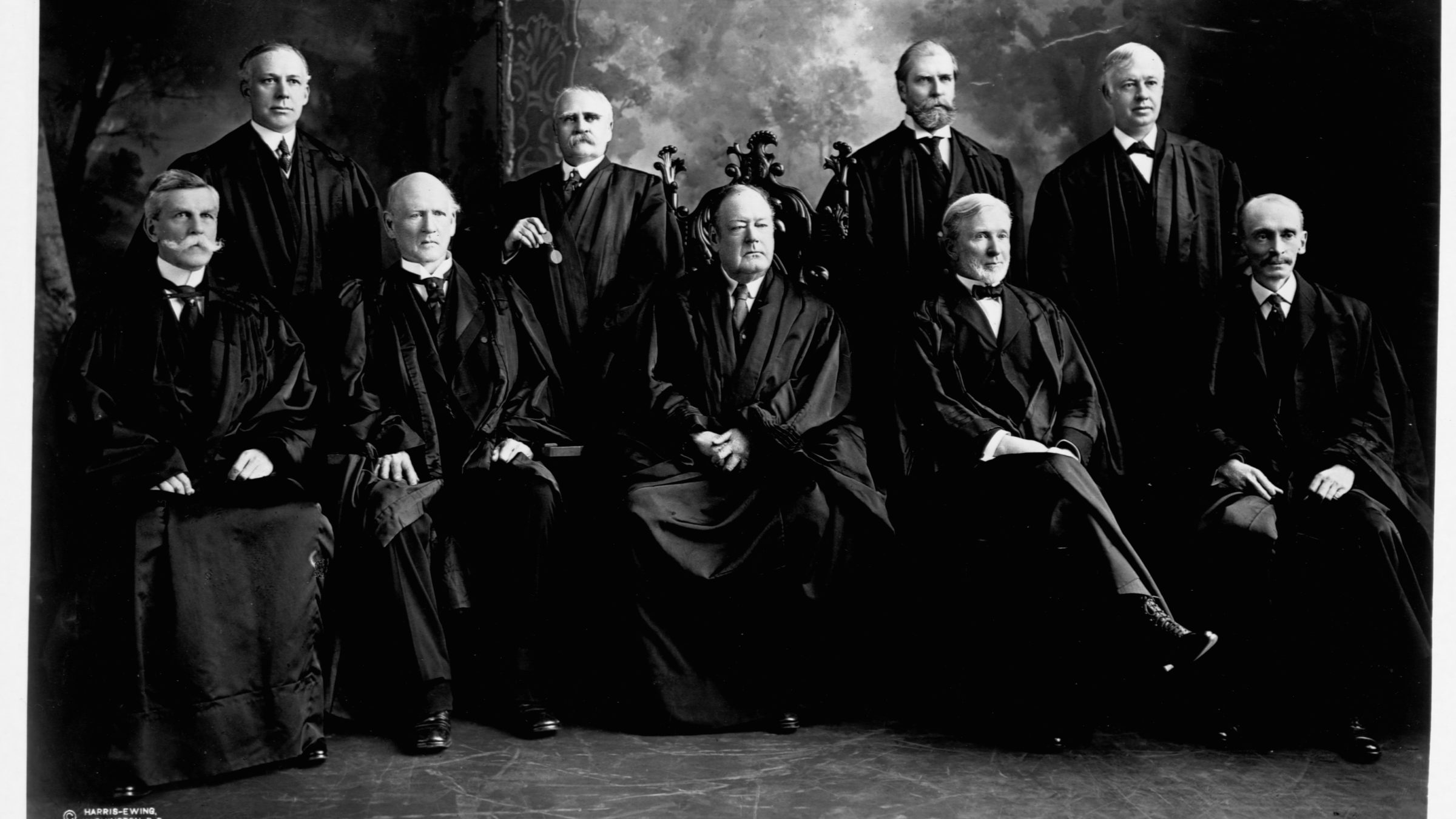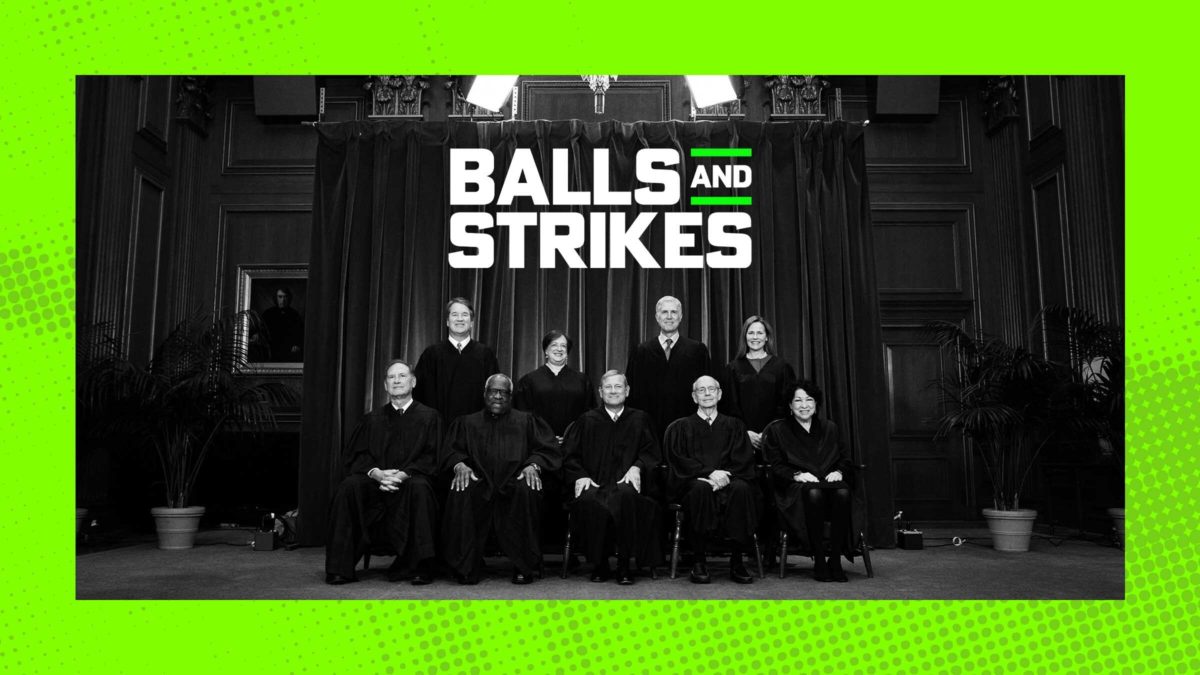On June 28, 2012, a splintered Supreme Court struck down the Stolen Valor Act of 2005, a federal statute that criminalized false statements about one’s receipt of military service medals. Xavier Alvarez, an elected board member of a California water district, was convicted of violating the law in 2007. He’d told colleagues that he was a retired Marine who had earned a Congressional Medal of Honor two decades earlier— which would have been a neat trick, given that Alvarez never served in any branch of the military at all.
“Though few might find respondent’s statements anything but contemptible,” wrote Justice Stephen Breyer in United States v. Alvarez, “his right to make those statements is protected by the Constitution’s guarantee of freedom of speech.” The decision received little media attention at the time, in large part because it was released the same day as NFIB v. Sebelius. (You may remember that as the case in which Chief Justice John Roberts unexpectedly broke with his conservative colleagues to uphold key parts of the Affordable Care Act, prompting an enraged Sam Alito to take a solemn vow of revenge that no volume of subsequently hollowed-out civil rights will ever satisfy.)
The Alvarez decision would have come as welcome news to Edward Douglass White, who spent 27 years on the Supreme Court, first as an associate justice from 1894 until 1910 and then as Chief Justice until his death in 1921. A Louisiana native, White owns the distinction of being the only former Supreme Court justice with a section of their Wikipedia bio entitled “Confederate soldier and Ku Klux Klan membership.” At the time, the official narrative was that White had been captured shortly after enlisting in 1863, and that most of his Civil War experience involved sitting harmlessly in a Union prisoner of war camp. The New York Times’s coverage noted his tenure in the Confederate Army without comment, and otherwise heralded the nomination as a “most popular appointment.”
Today, however, historians are not convinced that White’s account of his Civil War service is, to use a technical term, “true.” In an exhaustively-researched law review article, Fordham University School of Law professor Andrew Kent concludes that White’s service was “almost certainly much less extensive and honorable than previous biographers have claimed,” and tracks the “omissions and even deception” in White’s subsequent retellings that he never sought to correct. During the 1863 siege of Port Hudson, Louisiana, at which he was ostensibly captured, there is evidence that White was very sick during the actual fighting, unable to hold a rifle or even to get out of bed. There is also evidence that he was not actually a soldier, but some hybrid of army musician, errand boy, and hospital orderly.

Edward Douglass White, circa 1915. (Photo by: Universal History Archive/Universal Images Group via Getty Images)
Much of the information about White’s service comes from records of his interrogation by Union forces after he was captured a second time in Louisiana in 1865. As Kent explains, the Confederate Army was down bad at this point in the war, leaving much of the region in a state of semi-anarchy as Union forces closed in. White told his captors that he’d previously served in an Arkansas infantry regiment, and that he’d since joined the cavalry in Louisiana, and was in the process of recruiting men to form a new cavalry unit.
This seems to have been, as best we can tell, a bunch of horseshit. The Arkansas unit in which White claimed to have served did not exist by the time he claimed to have joined it. And although it seems that White was operating on horseback by 1865, Kent concludes that he was likely part of a “marauding guerrilla band” that “fought occasionally for the Confederate cause behind a facade of civilian dress and occupation.” Precise details of White’s day-to-day activities are of course nonexistent, but Confederate guerrilla bands around this time were best known for taking food from civilians, forcibly conscripting locals into military service, smuggling contraband, and, when confronted by Union forces, promptly “retreating into the swamps, sugar cane, or woods and then harassing the Federals from cover.”
Kent floats several plausible explanations for the, uh, inconsistencies in White’s military record. Later in life, he seems to have come to regret his participation in the Civil War, mourning the harm it inflicted and telling people he’d been a “damned fool” for fighting in it. White also had friends and family who actually had seen significant combat, which would explain a desire to perhaps embellish his embarrassing history as a rogue swamp criminal and, before that, as a bugle boy who came down with a wicked case of dysentery once the bullets started flying.

The Supreme Court in 1911; White is seated, at center (Photo by Library of Congress/Corbis/VCG via Getty Images)
There is also the simple fact that White, as an aspiring Southern politician in post-Civil War America, had a tough needle to thread: His biography had to sound impressive enough so that Louisiana voters would not dismiss him as a lame chickenshit, but not so impressive that it would suggest to prospective peers in Washington that he had spent his early adulthood trying to kill their uncles. Thus, as Kent notes, White’s public recollections of the period tended to “emphasize those aspects of the war and his service that would be most palatable and unthreatening to northerners,” and to gloss over all the other unseemly stuff.
It’s still not clear why Xavier Alvarez told people he’d received a prestigious military service award when anyone with access to Google can fact-check something like that in 15 seconds. Telling deranged lies seems to have been something of a habit for him: Elsewhere, Alvarez claimed to have secretly married a Mexican actress, played hockey for the Detroit Red Wings, and to have been a cop who was fired for using excessive force, which is not a lie I would choose to tell about myself if I were fabricating a resume from scratch, but whatever.
Edward Douglass White’s misadventures in stolen valor were equally ambitious lies, but told in the name of savvy politics: He understood the gap between who he needed to be (a misguided-yet-honorable retired soldier) and who he actually was (an outlaw who was lucky not to have been executed on the spot or tried for war crimes, as many Confederate guerrillas were), and adjusted his story accordingly. His reward was nearly three decades on the highest court of the government he’d previously hoped to overthrow. The secret to stealing valor, as it turns out, is not to steal too much of it.
As always, you can find us at ballsandstrikes.org, or follow us on Twitter @ballsstrikes, or get in touch via [email protected]. Thanks for reading.
This Week In Balls & Strikes
The Criminal Legal System Is Coddling Donald Trump, Yvette Borja
Federal judges are suddenly very concerned about defendants’ rights when the defendant is someone they like.
How Giant Corporations Are Using Fake Bankruptcies to Hang Consumers Out to Dry, Max Kennerly
A dumb joke from The Office is now the preferred method of megacorporations trying to avoid responsibility for the harm they cause.
The New Supreme Court Case That Could Make Civil Rights Laws Optional, Yvette Borja
Our OT22 Supreme Court term previews begin with 303 Creative LLC v. Elenis, a case about whether bigots can ignore antidiscrimination law if they say it’s for art.
This Week In Other Stuff We Appreciated
The Federalist Society Gets a Few Things Right. Liberals Should Take Note, Sam Datlof, Slate
On liberal lawyers’ undying belief that they can lawyer their way out of anything.
How the Scourge of Originalism Is Taking Over the Supreme Court, Erwin Chemerinsky, The Los Angeles Times
Spoiler: Quickly, completely.
The Solution to the Trump Judge Problem Nobody Wants to Talk About, Dahlia Lithwick and Mark Joseph Stern, Slate
“If you are lawyering within a system you believe to be broken, or immoral, or lawless, and you aren’t standing up with meaningful fixes for that system, you are, fundamentally, acceding to that lawlessness.”
This Week In Obscure Photos of Supreme Court Justices On Getty Images


